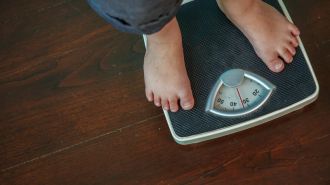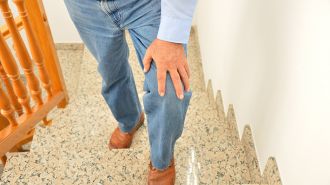- Our studies
- Our research
- Publications and resources
- Data access and training
- About
- News
- Events
- Get in touch
- Join our mailing list
Welcome to our news and blogs section. Here you’ll find the latest developments and insights from across our longitudinal studies.
Growing Up in Digital Europe (GUIDE) is the UK pilot of a major European initiative to create internationally harmonised data for research on child development and wellbeing.
CLS associate professor Gabriella Conti has been named one of the winners of the 2019 Philip Leverhulme Prizes. The Philip Leverhulme Prizes recognise the achievement of outstanding researchers whose work has already attracted international recognition and whose future career is exceptionally promising.

CLS is seeking input on the scientific content of the Age 31 Sweep of Next Steps, a longitudinal cohort study following 16,000 people born in England in 1989-1990.

Are boys more sensitive to the state of the local job market when choosing their GCSE subjects? And why are migrant and ethnic minority mothers at increased risk of mental ill health? Researchers have been using CLS study data to tackle these and other key questions.

New data from the Age 46 Sweep of the 1970 British Cohort Study (BCS70) are now available for researchers to download from the UK Data Service.

Over the years, men who waited until their mid-20s to have their first child tended to report the best health in middle age, compared to those who started a family earlier. But, more recently, those who delayed fatherhood until their mid-30s appeared to be the healthiest in midlife.

Among the Baby Boomers and Generation X, people who had higher levels of emotional wellbeing during childhood and adolescence were more likely to report being satisfied with life when they reached adulthood.

New research suggests that privilege doesn’t protect ethnic minority children from gaining weight in the same way as it does their White peers.

Are boys more sensitive to the state of the local job market when choosing their GCSE subjects? And why are migrant and ethnic minority mothers at increased risk of mental ill health? Researchers have been using CLS study data to tackle these and other key questions.

People who are obese from childhood through to middle age have more than double the risk of experiencing difficulties with everyday tasks at age 50 compared to those who were never obese.

Children who experience a family break-up are more likely to become overweight or obese than those living with both parents, according to a new study.

Being born early is no barrier to children and adolescents participating in organised sports and playing with friends, according to new research.

Is screen time really behind the rise in teenage mental health problems? How is the ‘sandwich generation’ faring as they care for their ageing parents and their children and grandchildren? Researchers have been using CLS study data to tackle these and other key questions.
Ryan Bradshaw
Senior Communications Officer
Phone: 020 7612 6516
Email: r.bradshaw@ucl.ac.uk